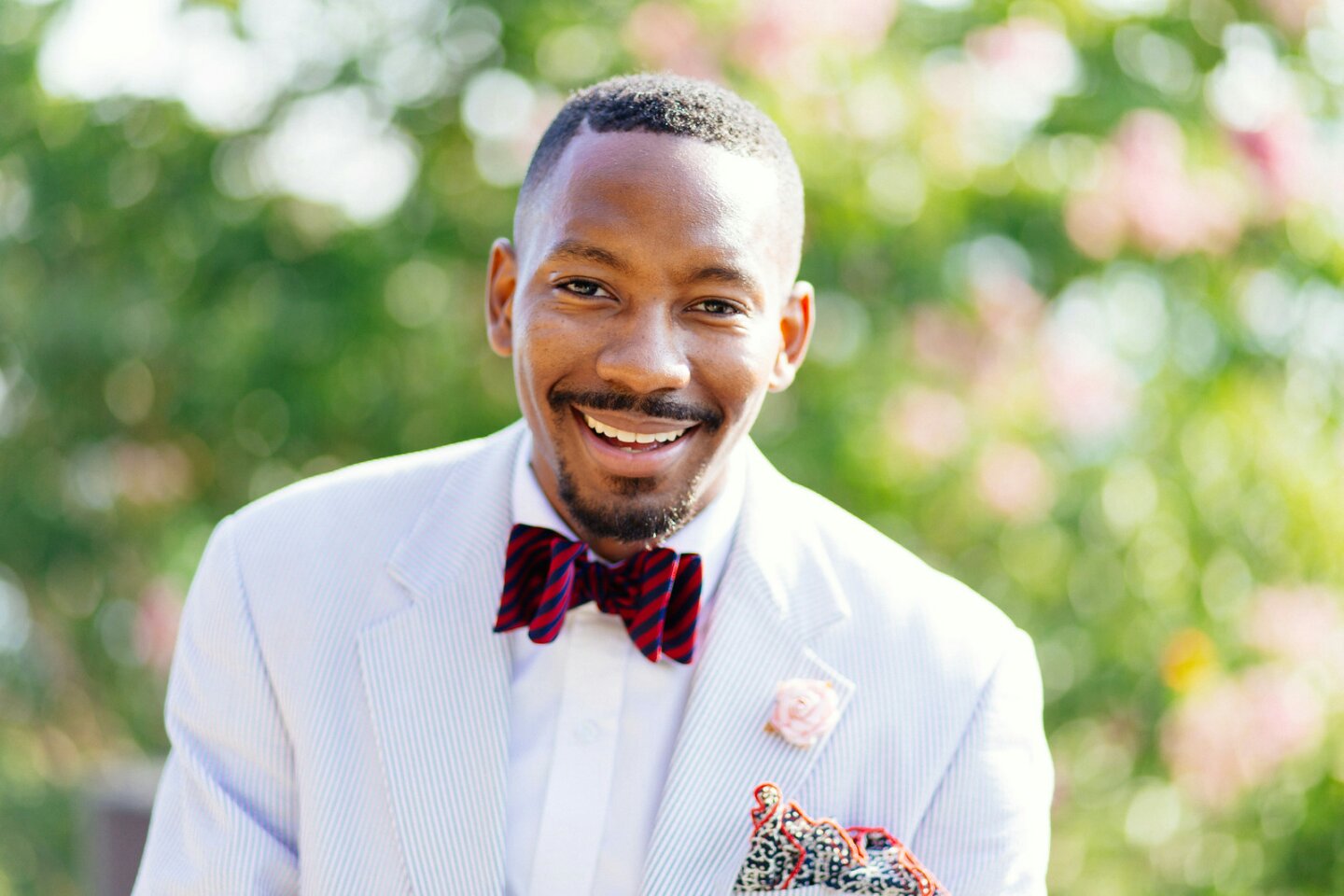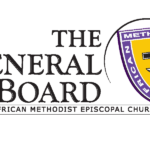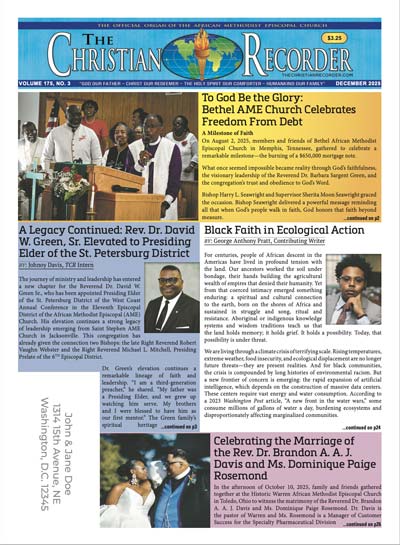The Problem of High Education: Why President Biden Should Speak at Morehouse College
By Quardricos Driskell
In recent days and weeks, there has been a plethora of protests across college campuses. The Israel-Hamas war has popped up on an increasing number of college campuses following last week’s arrest of more than 100 demonstrators at Columbia University. Students across the country are calling for universities to separate themselves from any companies that are advancing Israel’s military efforts in Gaza — and, in some cases, from Israel itself.
More than 34,000 Palestinians have been killed, mostly women and children. More than 77,000 have been injured. Every hospital and university in Gaza has been destroyed. None of this would have been possible without the support and sponsorship of longstanding United States policy, and this unfortunate reality has caused a stir at my alma mater, Morehouse College. The protest and criticism of alumni, faculty, and students of President Biden’s upcoming speech at Morehouse commencement is a direct result of the genocide. And while the murder of innocent lives should keep us all awake at night, this war also holds significant promise in addressing the pressing problems plaguing the higher education sector.
Commencement addresses are not often without purpose. They typically leverage specific platforms to deliver a particular message. As such, do we want to have a substantive foreign policy debate? If so, Morehouse should be able to host the sitting President of the United States and create space for high-quality debate, discussion, and disagreement. The President’s (focus on the office, not the man) invitation does not mean that the Morehouse College community supports or is acquiescent to the genocide of Gaza or any other war in which the U.S. has engaged or supported. There are always significant policy criticisms/disagreements with a sitting president. Presidents are polarizing figures by the very nature of U.S. politics. The invitation is an opportunity for Morehouse, a higher education institution with a long history of protest, to challenge the President on his tactical execution of the long-term policies of U.S. foreign policy and for the College to uplift its moral paragon.
There are online comments that suggest any college or university that gives its commencement stage to President Biden at this moment is endorsing genocide. We are seeing another phase of the longer-range continuity of U.S.-Israel/U.S.-Middle East policy. If Morehouse has done its job, the graduates should represent the best hope for a new America. I do not believe that a commencement address by the sitting President of the United States (other than Trump) somehow diminishes Morehouse’s stalwart and storied legacy. Morehouse College’s sixth president, famed minister, educator, and scholar Dr. Benjamin E. Mays, said during his charge to a graduating class: “It will not be sufficient for Morehouse College, for any college, for that matter, to produce clever graduates,” but rather honest graduates “who are sensitive to the wrongs, the sufferings, and the injustices of society and who are willing to accept responsibility for correcting the ills.” Should students protest peacefully without disrupting their fellow brothers during commencement? Yes. For HBCUs Like Morehouse, the imperative to embrace intellectual diversity is paramount, and these institutions have a rich legacy of serving as incubators of American and global thought and leadership, challenging the status quo, and advocating for social justice. The students can carry the honored legacy by inviting the President and reaffirming their commitment to intellectual freedom and inclusivity while protesting peacefully.
However, this speaks to a more significant issue: Higher education struggles with respect for diversity of viewpoints. Colleges should not be in the business of avoiding controversy. The current political landscape is rough for college and university presidents, but Morehouse’s President David Thomas has said that he will not rescind the invitation, and good for him. John Stuart Mill argued in “On Liberty” that ignoring alternative viewpoints compromises our capacity to pursue truth, understand other perspectives, realize when we are wrong, and even defend our positions when right adequately. Colleges and universities, including HBCUs, have a moral and intellectual obligation to uphold the principles of free expression and open inquiry. By actively inviting individuals, including the President with whom they disagree on policies and ideologies, colleges and universities can foster critical thinking and intellectual growth, promote community engagement, and uphold their legacy as beacons of knowledge, enlightenment, civility, and student protest.
I wonder how President Biden might have been received in any other year, but this is not another year. It is, in some ways, a repeat of 2020, and Morehouse College, through its invitation of the President, has an opportunity to illustrate, within higher education, that we both can respect the office of the presidency and yet challenge the policies of our government—in doing so, we reaffirm our commitment to the principles of academic freedom, diversity, and inclusion that lie at the heart of higher education.
Professor Quardricos Bernard Driskell is a federal lobbyist and an adjunct professor at The George Washington University Graduate School of Political Management. He lectures on race, religion, cultural wars, and politics. Follow him on Twitter @q_driskell4






